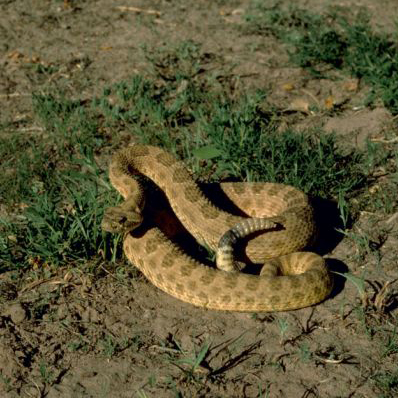The enlisted men take advantage of a firm shore to tow the pirogues up the Missouri River east of present-day Fourchette Creek in eastern Montana. Prairie rattlesnakes become a threat. During the night, a tree catches fire and wind-swept flames cause havoc in camp.
A Late Night Fire
by Yellowstone Public Radio[1]Originally aired weekdays by Yellowstone Public Radio during the Bicentennial observance of 2003-2006. Narrated by Hal Hansen. Scripts by Whit Hansen and Ed Jacobson. Produced by Leni Holliman. © … Continue reading
Towing Boats
Set out at an early hour, and proceeded on very well; we employed the toe line the greater part of the day; the banks were firm and shore boald which favoured the uce of the cord. I find this method of asscending the river, when the shore is such as will permit it, the safest and most expeditious mode of traveling, except with sails in a steady and favourable breze.
—Meriwether Lewis
Prairie Rattlesnakes
Capt. Clark narrowly escaped being bitten by a rattlesnake in the course of his walk, the party killed one this evening at our encampment….this snake is smaller than those common to the middle Atlantic States, being about 2 feet 6 inches long . . . . it’s bely contains 176 scuta on the belly and 17 on the tale.
—Meriwether Lewis
An Accidental Fire
we were roused late at night and warned of the danger of fire from a tree which had Cought and leaned over our Lodge, we had the lodge moved Soon after the Dry limbs & top of the tree fell in the place the Lodge Stood, the wind blew hard and the dry wood Cought & fire flew in every direction, burnt our Lodge verry much from the Coals which fell on it altho at Some distance in the plain, the whole party was much disturbed by this fire which could not be extinguished &c
—William Clark
Weather Diary
State of thermometer at rise
Weather Wind at rise
State of thermometer at 4 P. M. Weather Wind at 4 P. M. State of the river 60 [above 0] fair N E 68 [above 0] fair S W the Gees have their young; the Elk begin to produce their young, the Antelope and deer as yet have not.— the small species of Goatsucker or whiperwill begin to cry— the blackbirds both small and large have appeared. we have had scarcely any thunder and lightning. the clouds are generally white and accompanyed with wind only
—Meriwether Lewis[2]To assist the reader, the editor of this web page has omitted the date column, merged the “State of the river” columns, and spelled out some abbreviations.
Experience the Lewis and Clark Trail
The Lewis and Clark Trail Experience—our sister site at lewisandclark.travel—connects the world to people and places on the Lewis and Clark Trail.
Plan a trip related to May 17, 1805:

Notes
| ↑1 | Originally aired weekdays by Yellowstone Public Radio during the Bicentennial observance of 2003-2006. Narrated by Hal Hansen. Scripts by Whit Hansen and Ed Jacobson. Produced by Leni Holliman. © 2003 by Yellowstone Public Radio. |
|---|---|
| ↑2 | To assist the reader, the editor of this web page has omitted the date column, merged the “State of the river” columns, and spelled out some abbreviations. |

